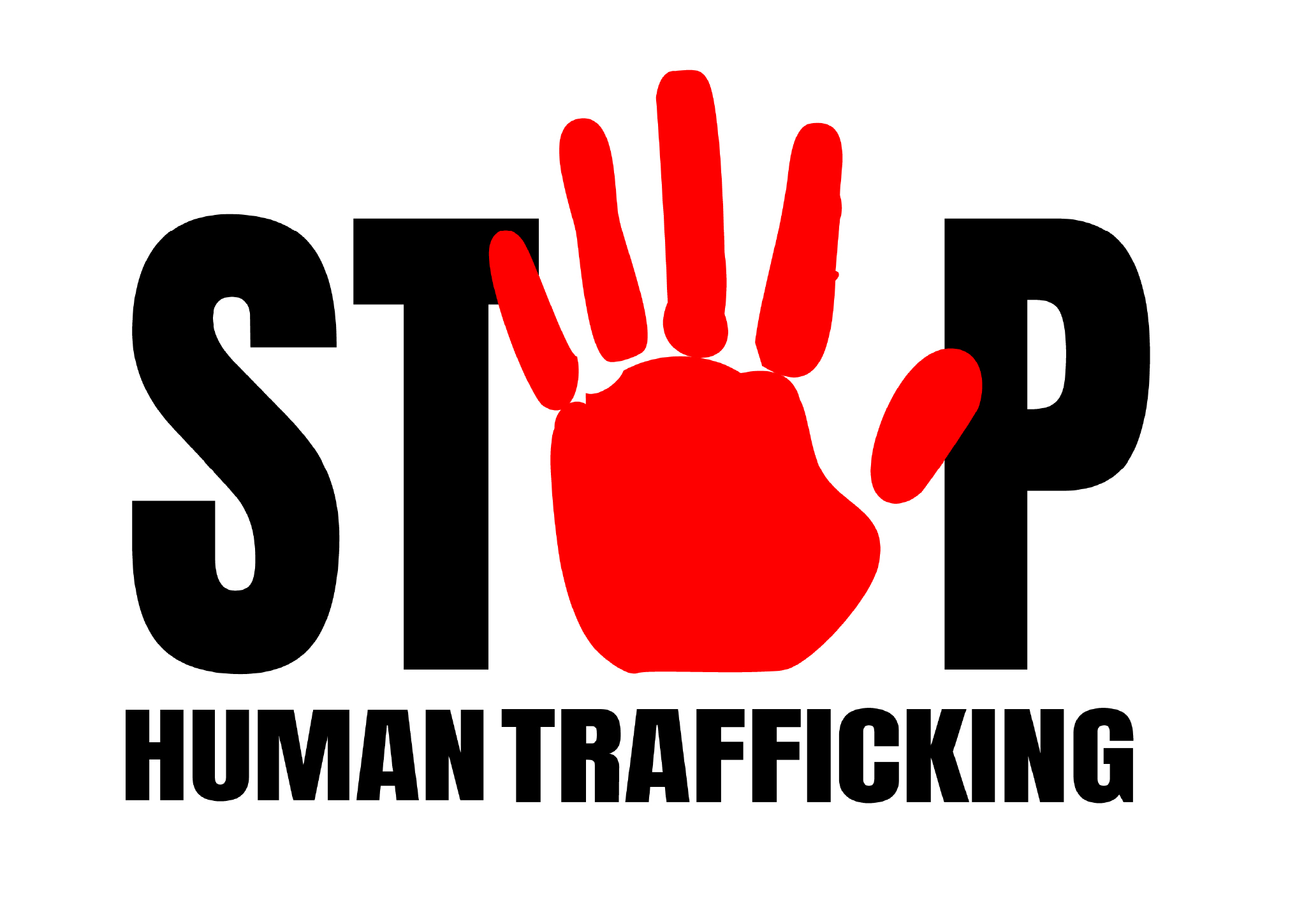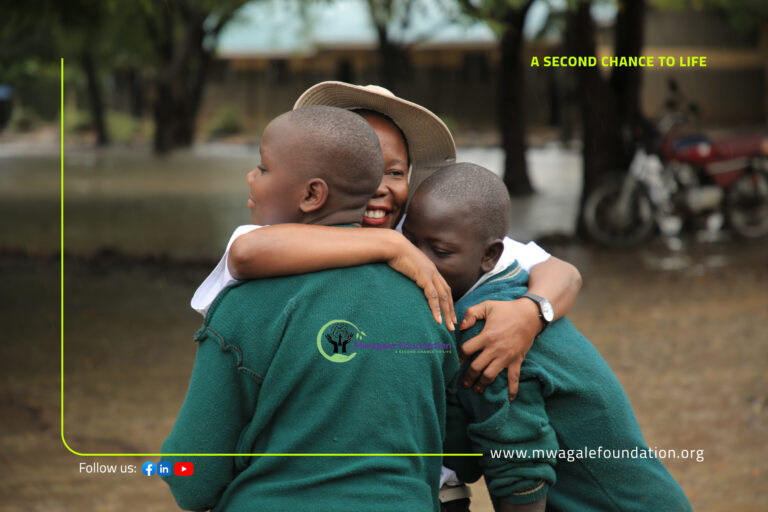Facts about human trafficking in Uganda
The country’s high rates of poverty and unemployment make its population, especially the young, highly vulnerable to exploitation. While the government has made progress, significant challenges in prosecution and victim protection remain.
Scope of the problem
- A major and growing issue: In 2022, there was a 185% increase in reported human trafficking cases to the police, from 421 cases in 2021 to 1,200. While cases decreased in 2023, the crime remains a major concern.
- Victim profile: Perpetrators target both adults and children, with victims coming from within Uganda and neighboring countries like Kenya, Rwanda, and South Sudan. Vulnerable groups include refugees, those from rural areas, and individuals struggling with poverty.
- Common forms of exploitation: Traffickers exploit victims for both forced labor and commercial sexual exploitation. These abuses can include:
-
- Forced labor in agriculture, domestic work, mining, and other industries.
- Child marriage and sexual exploitation.
- Human sacrifice and the removal of body parts for sale or witchcraft.
- Street begging and other illegal activities.
- International and regional hub: Uganda is used as a transit point for migrants heading to the Middle East, with traffickers exploiting this population for forced labor and sex trafficking. Ugandans are also trafficked abroad for forced labor and sexual exploitation in the Middle East and Asia.
Factors contributing to human trafficking
- Poverty and unemployment: High rates of joblessness, especially among the youth, leave people desperate for opportunities, making them susceptible to traffickers’ false promises of employment.
- Fraudulent labor recruitment: Traffickers often pose as legitimate recruitment agencies, tricking Ugandans seeking work abroad or internally. This is the main contributing factor for trafficking Ugandans to foreign countries.
- Cultural and social factors: Harmful traditional practices like child marriage, combined with insufficient education and family neglect, create vulnerabilities that traffickers exploit.
- Weak law enforcement: Corruption, inadequate funding for anti-trafficking efforts, and a lack of training for some police and immigration officers have hampered investigations and prosecutions




